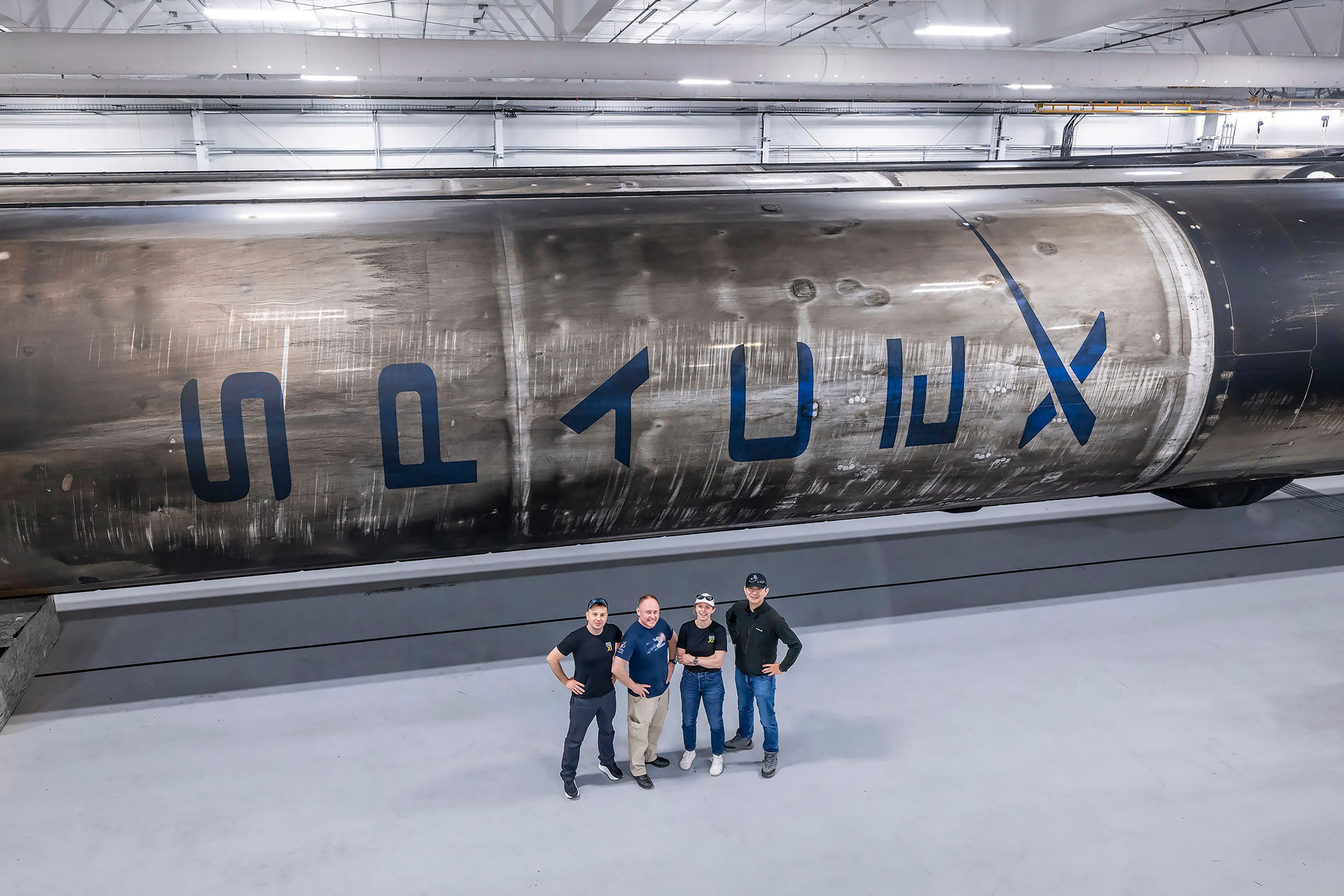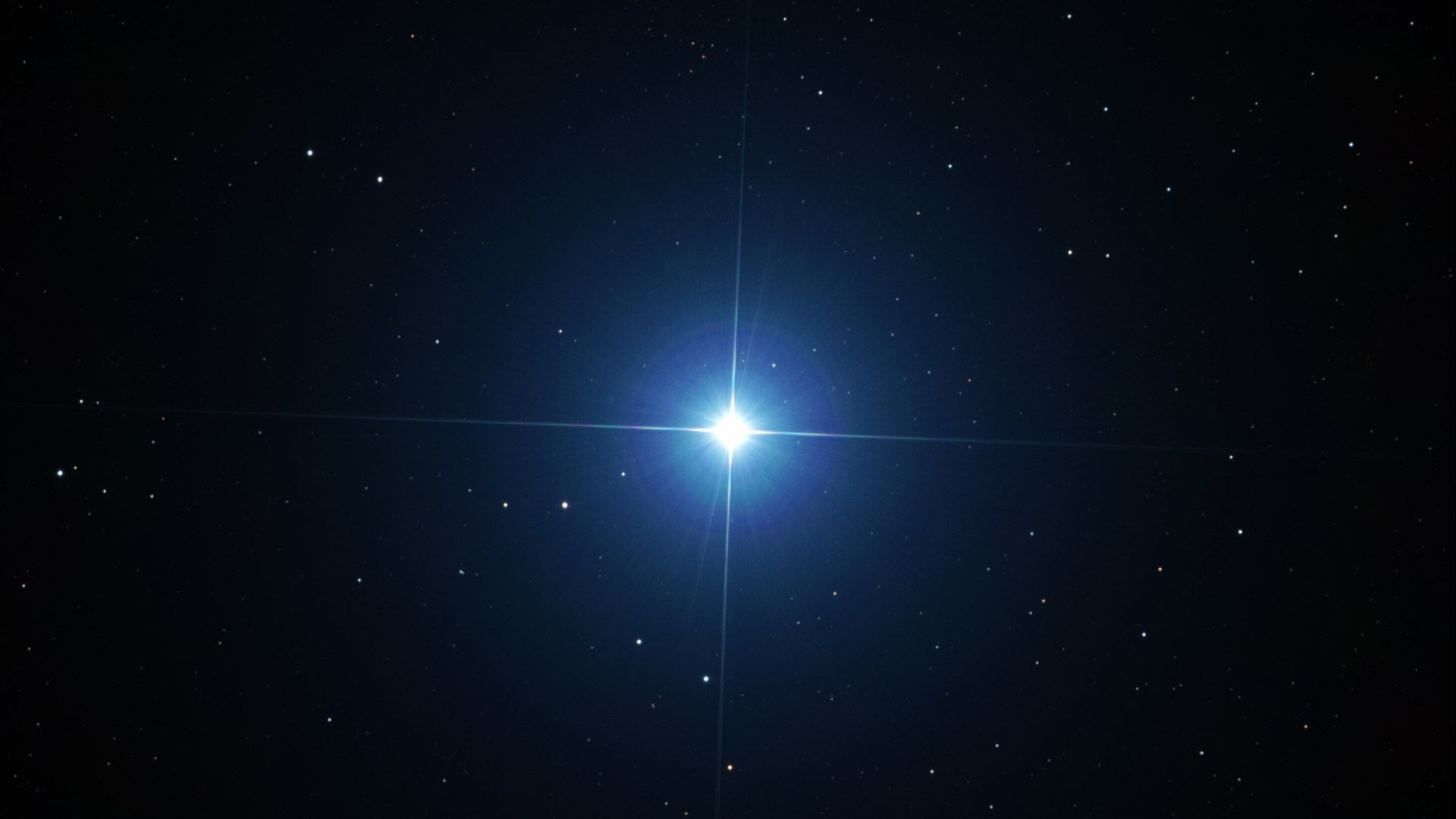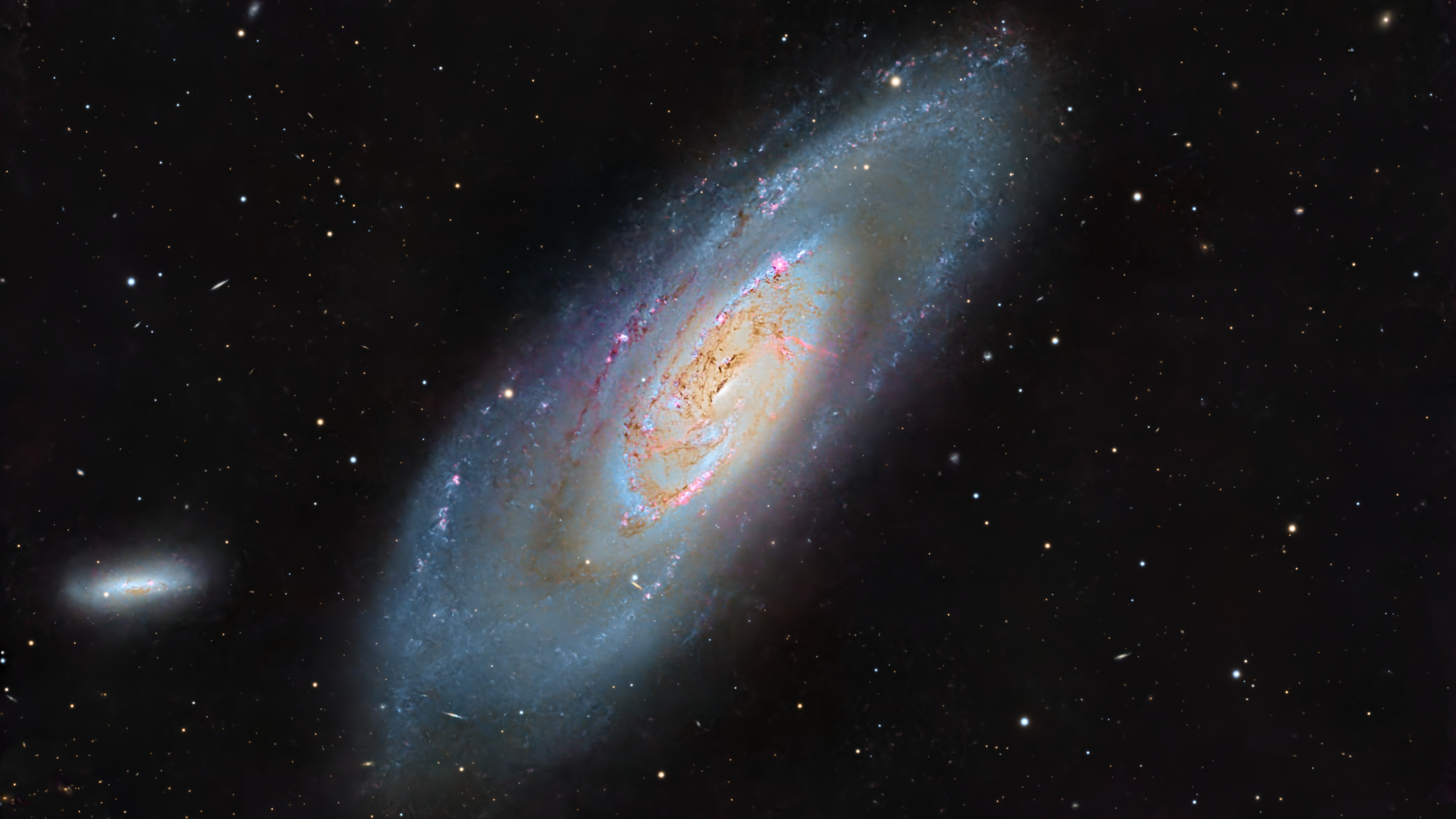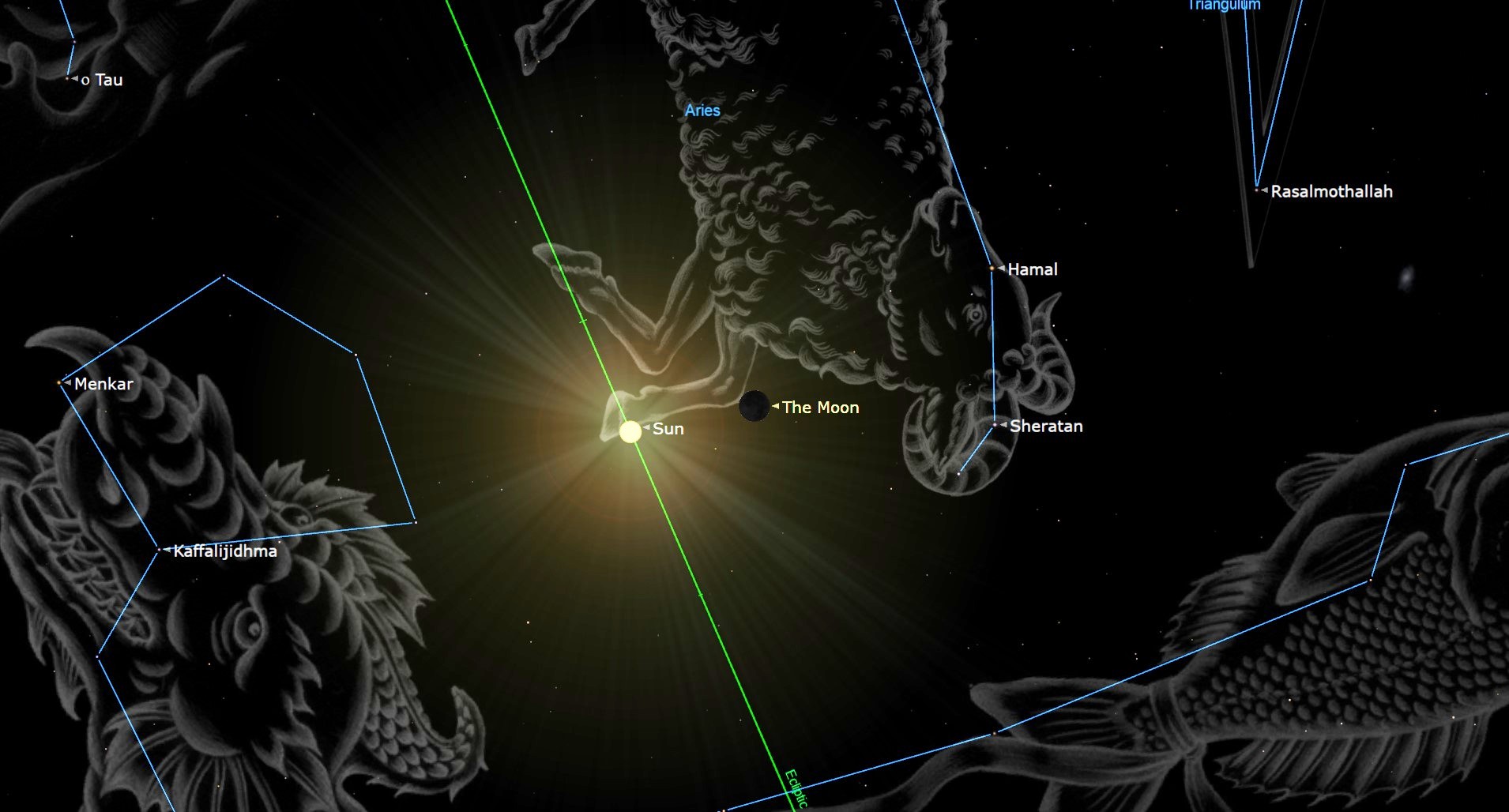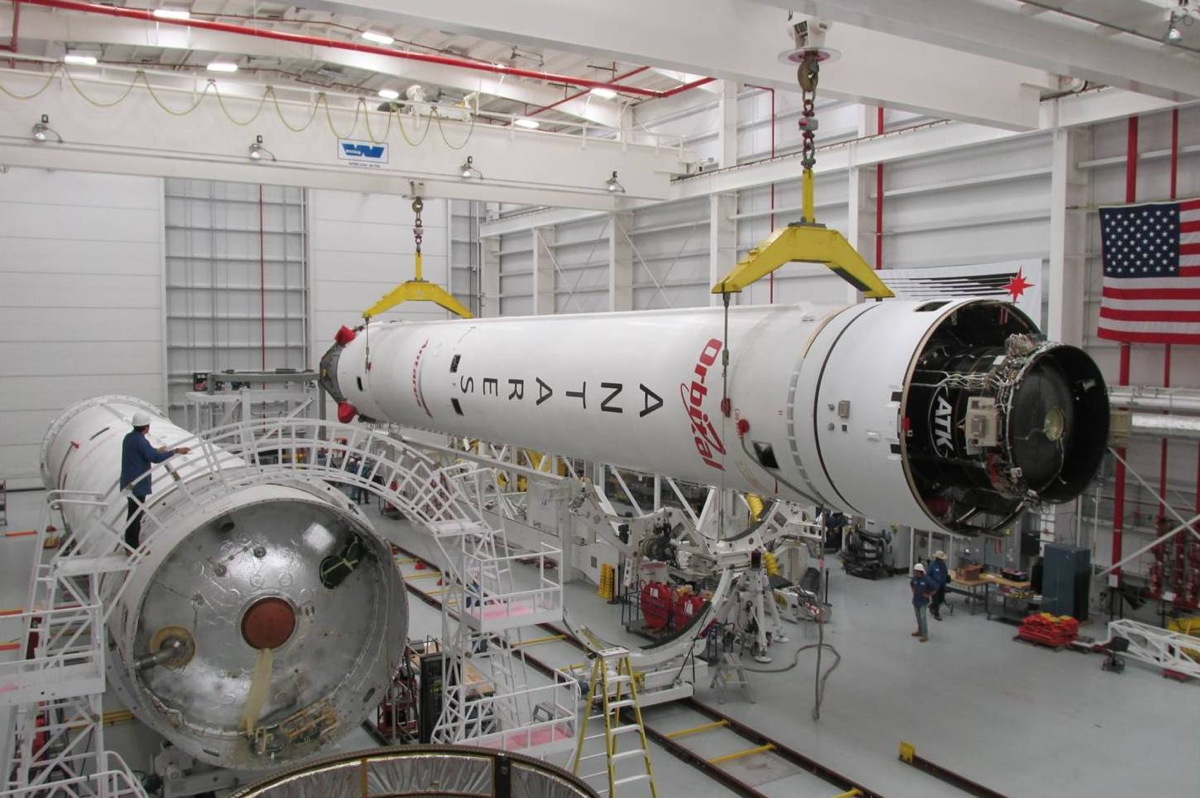
This story was updated at 2:55 p.m. EDT on Wednesday.
A private spaceship is scheduled to launch on its second contracted cargo mission to the International Space Station this Saturday (July 12).
The unmanned Cygnus spacecraft, built by Virginia-based Orbital Sciences Corp., is slated to blast off atop an Antares rocket from NASA's Wallops Flight Facility in Virginia at 1:14 p.m. EDT (1714 GMT) on Saturday. You can watch the liftoff live on Space.com, courtesy of NASA TV.
The liftoff had been planned for Friday afternoon (July 11), but thunderstorms in the Wallops area on Tuesday night (July 8) delayed the rollout of Antares to its pad, pushing the launch back by one day.
If all goes according to plan, Cygnus will arrive at the space station on Tuesday morning (July 15), when astronauts will grapple it using the orbiting lab's huge robotic arm, NASA officials said.
Cygnus was originally supposed to launch on this mission in May. But an AJ-26 engine, which powers Antares, failed during a ground test at NASA's Stennis Space Center in Mississippi on May 22, prompting an investigation and delay.
The private vessel is packed with 3,653 lbs. (1,657 kilograms) of supplies, spare parts and science experiments. Among the cargo are some tiny Earth-observing satellites built by the San Francisco-based startup Planet Labs, which also put 28 CubeSats on the first Cygnus mission to the space station this past January.
Get the Space.com Newsletter
Breaking space news, the latest updates on rocket launches, skywatching events and more!
Those 28 craft were deployed from the orbiting lab to form "Flock 1," the world's largest constellation of Earth-imaging satellites.
Orbital Sciences holds a $1.9 billion NASA contract to make eight cargo deliveries to the space station for the agency. And it's not the only company with such a deal; SpaceX's $1.6 billion contract calls for the California-based firm to fly 12 missions using its robotic Dragon capsule and Falcon 9 rocket.
SpaceX has successfully completed three of these flights, with the last one lifting off this past April.
Whereas the Dragon capsule is reusable, Cygnus is designed to burn up in Earth's atmosphere upon re-entry. Cygnus will remain berthed to the orbiting lab for about 40 days on this mission, Orbital Sciences representatives said. Then, astronauts will load the vessel up with 2,967 lbs. (1,346 kg) of trash and send Cygnus off to its fiery demise.
Follow Mike Wall on Twitter @michaeldwall and Google+. Follow us @Spacedotcom, Facebook or Google+. Originally published on Space.com.
Join our Space Forums to keep talking space on the latest missions, night sky and more! And if you have a news tip, correction or comment, let us know at: community@space.com.

Michael Wall is a Senior Space Writer with Space.com and joined the team in 2010. He primarily covers exoplanets, spaceflight and military space, but has been known to dabble in the space art beat. His book about the search for alien life, "Out There," was published on Nov. 13, 2018. Before becoming a science writer, Michael worked as a herpetologist and wildlife biologist. He has a Ph.D. in evolutionary biology from the University of Sydney, Australia, a bachelor's degree from the University of Arizona, and a graduate certificate in science writing from the University of California, Santa Cruz. To find out what his latest project is, you can follow Michael on Twitter.





